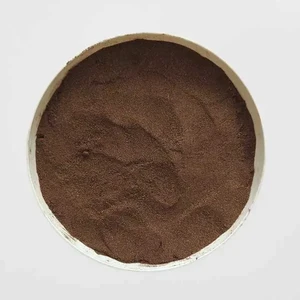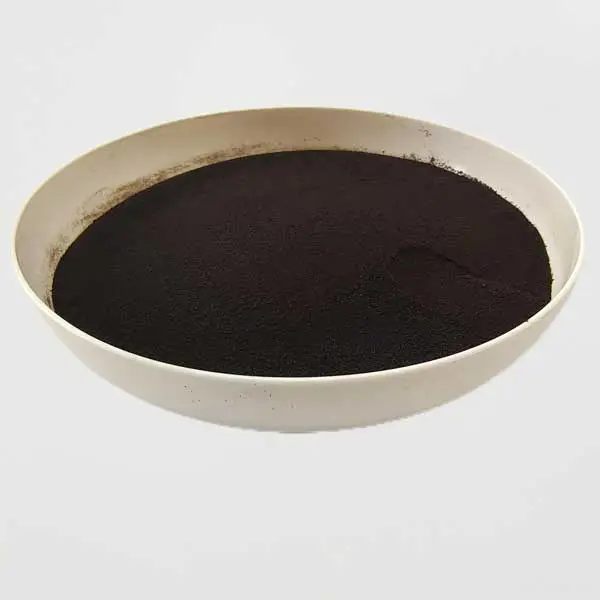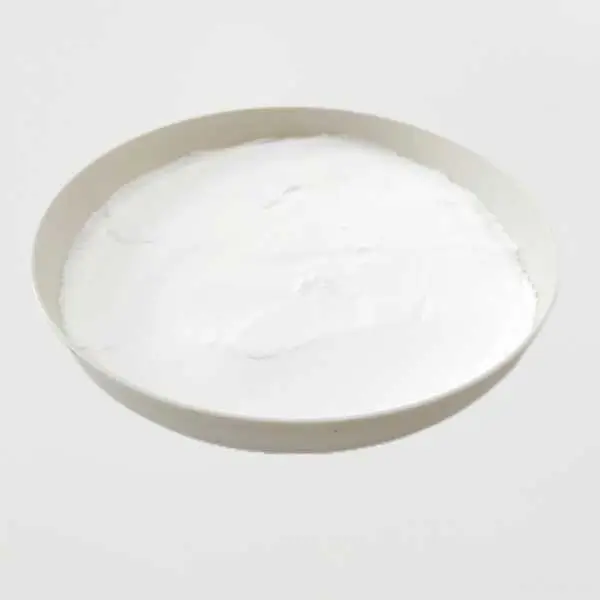There are some specific details to pay attention to during the production process of polycarboxylate superplasticizer mother liquor, as these details directly determine the quality of the polycarboxylate mother liquor. The following points are the precautions during the production process of polycarboxylate mother liquor:
1. During the production process, temperature has a certain impact on the performance of the product. Therefore, the flowability of the polycarboxylate mother liquor paste produced at different temperatures is also different. Therefore, it is necessary to pay attention to controlling the temperature during the production process.
2. There are many synthesis methods for polycarboxylate mother liquor, and different synthesis methods also have an impact on performance. Therefore, it is generally possible to achieve the purpose of saving by considering changing the process.
3. Chain transfer agents also have a certain impact on the performance of polycarboxylate mother liquor. The addition of chain transfer agents is mainly to control the excessive molecular weight and the resulting overly wide molecular weight distribution. If too much is added, it will definitely cause a decrease in molecular weight, resulting in deterioration of the water-reducing effect of the polycarboxylate mother liquor. If you want to achieve more effects, you must make fine adjustments.
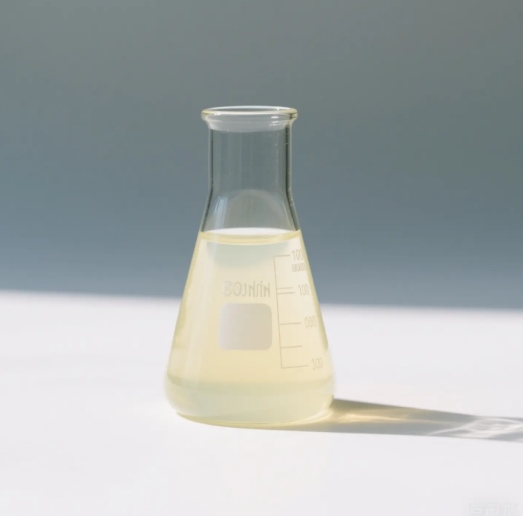
After the preparation of polycarboxylate mother liquor, it needs to be stored. However, during storage, the following points must be noted:
1. It is essential to avoid using storage tanks containing metal substances for storage: Fe3+ can induce adverse side reactions of polycarboxylate water reducers. Therefore, the reactors and storage containers used in their synthesis cannot be made of carbon steel. The majority of carbon steel mutations will result in varying degrees of reduction or loss of dispersion activity. However, with technological advancements, the sensitivity of modern polycarboxylate to Fe3+ mutations has significantly decreased. Some enterprises even directly store polycarboxylate mother liquor in carbon steel containers without isolation layers, but the storage temperature should not be too high and the storage time should not be too long.
2. In winter, when the temperature is low, the polycarboxylate water reducer products after compounding are prone to freezing at negative temperatures, which may cause the containers and pipelines to burst, leading to accidents. According to actual cases, the freezing point of polycarboxylate compounded products is generally below -6 to -8℃, with a very narrow range and high sensitivity. Their tendency to freeze is related to the solid content of the formula. Medium-efficiency products with low solid content are more prone to freezing than high-efficiency products with high solid content. A more practical negative-temperature formula design in winter is to minimize or eliminate functional agents, choose a full mother liquor or near-full mother liquor formula, or increase the solid content of the formula, or install electric heating rods in the storage tanks for temperature rise and insulation. It is important to provide rainproof, dustproof covers and insulation measures for the heating rods and junction boxes to ensure safety. Comparatively, the anti-freezing measures with heating devices are comprehensive, stable, and reliable, and do not restrict the rationality of formula performance design or the freedom of material selection.
3. Avoid direct contact of the opening with the outside world. Mother liquors produced by different processes must be stored separately.
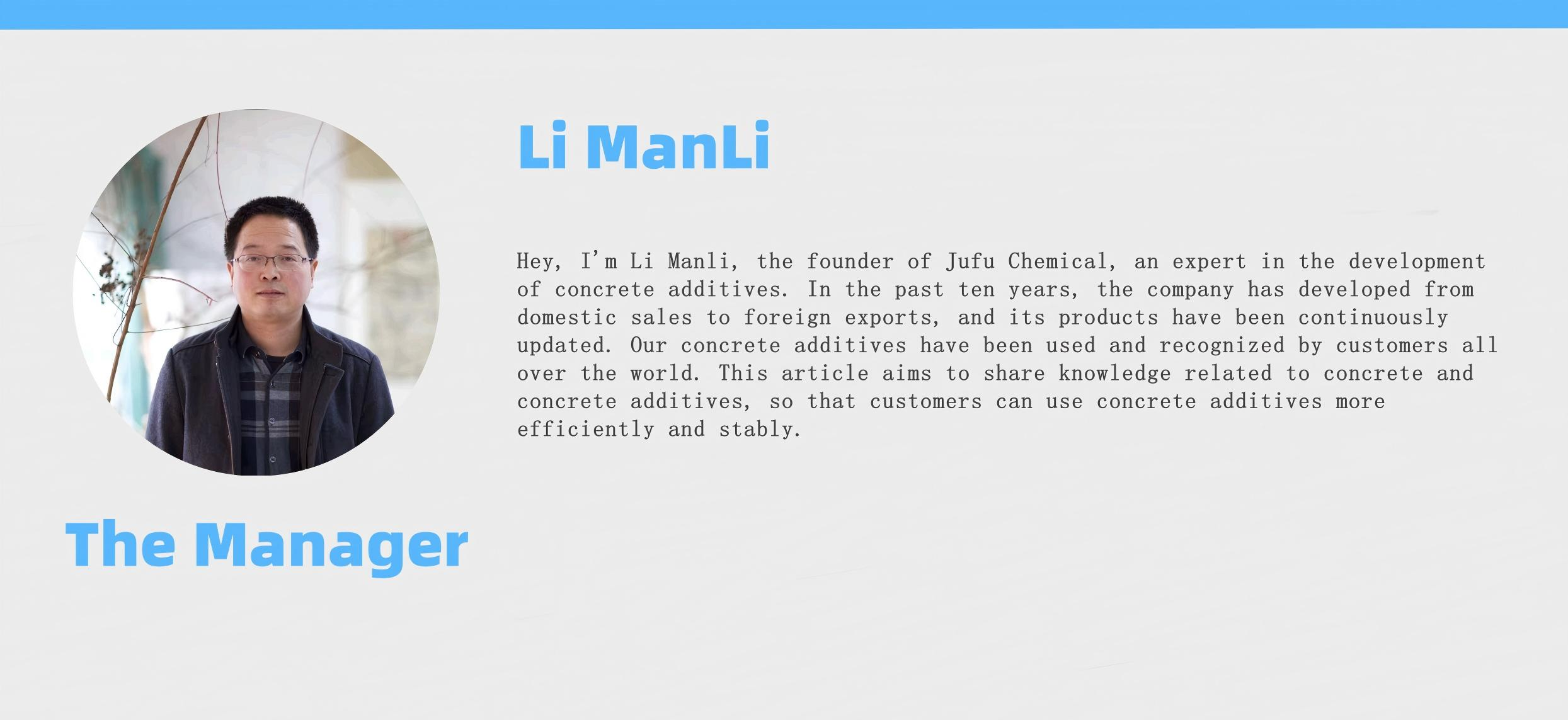

 English
English 


